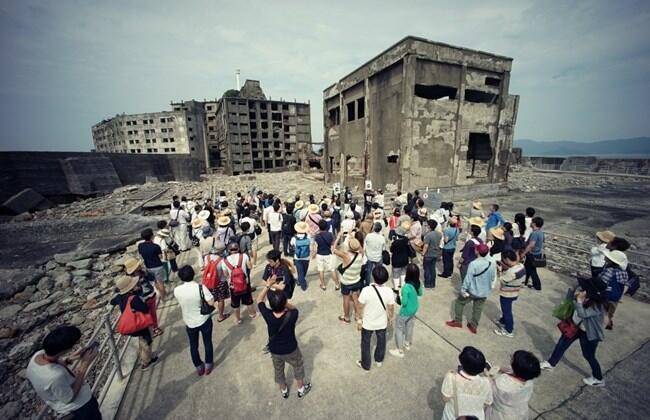But the reaction over the UNESCO World Heritage Committee’s decision drew mixed reactions Monday from neighboring China and South Korea, whose citizens were forced to work at some of the sites before and during World War II. South Korea welcomed Japan’s agreement to acknowledge its history of forced labor at the sites, which include a former coal mine on a fortress island off Japan’s southwest coast, a major steel mill still in use and shipbuilding facilities. China’s official Xinhua News Agency, however, cited the country’s UNESCO envoy as questioning Japan’s recognition of that past. Associated Press











